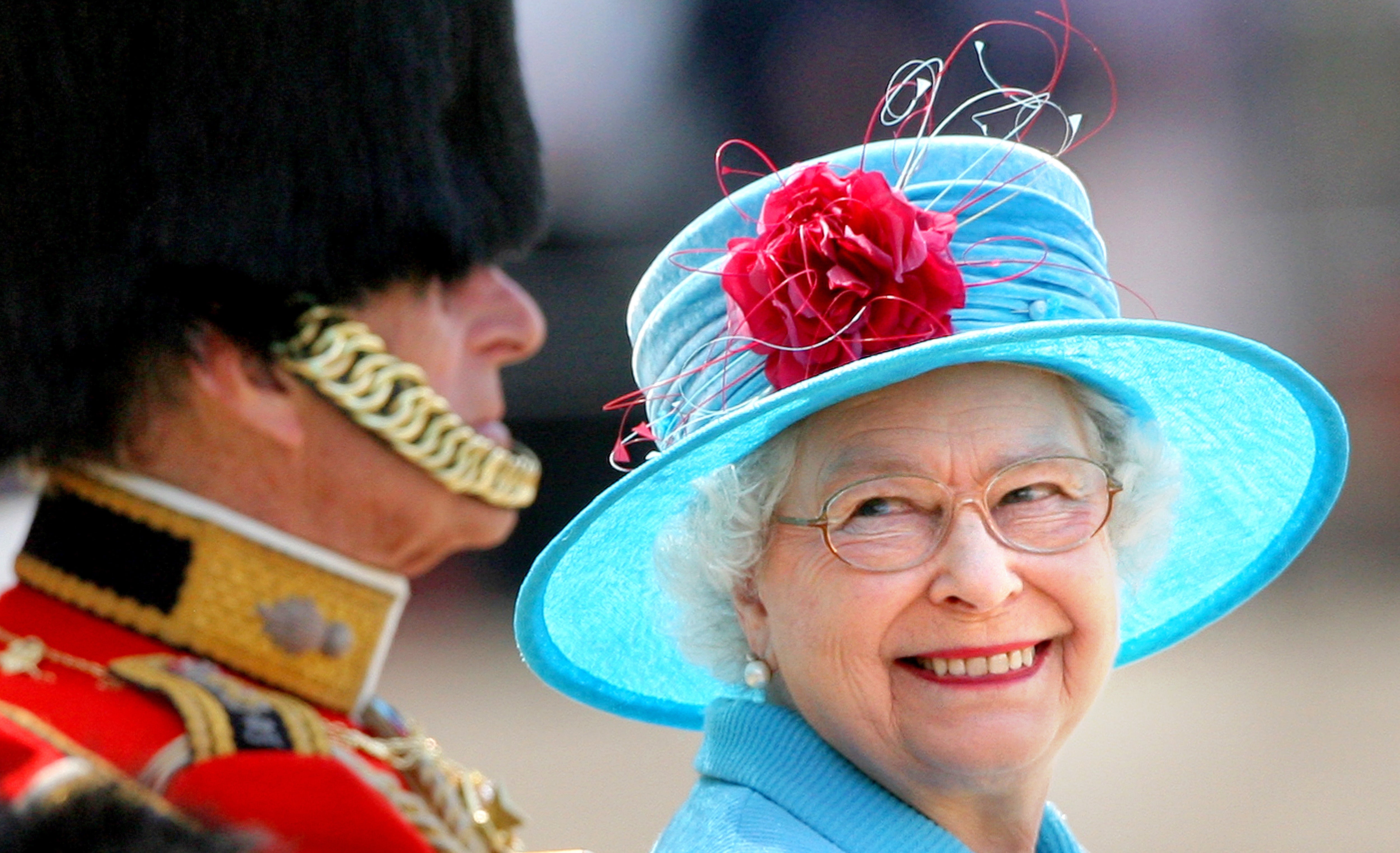The Queen has died: 6 extraordinary facts you never knew about her
A life well lived.

Your support helps us to tell the story
From reproductive rights to climate change to Big Tech, The Independent is on the ground when the story is developing. Whether it's investigating the financials of Elon Musk's pro-Trump PAC or producing our latest documentary, 'The A Word', which shines a light on the American women fighting for reproductive rights, we know how important it is to parse out the facts from the messaging.
At such a critical moment in US history, we need reporters on the ground. Your donation allows us to keep sending journalists to speak to both sides of the story.
The Independent is trusted by Americans across the entire political spectrum. And unlike many other quality news outlets, we choose not to lock Americans out of our reporting and analysis with paywalls. We believe quality journalism should be available to everyone, paid for by those who can afford it.
Your support makes all the difference.The Queen has died at 96 years old.
She was the nation’s longest-reigning monarch, serving as head of state for over 70 years. The Prince of Wales is now King.
In a statement, Buckingham Palace said: “The Queen died peacefully at Balmoral this afternoon. The King and The Queen Consort will remain at Balmoral this evening and will return to London tomorrow.”
Britain will now enter a period of national mourning as we remember the Queen, who dedicated her life to service.
Here are some extraordinary facts you might not have known about the monarch…
1. She never had a passport
Since passports are issued on the monarch’s behalf (“Her Britannic Majesty’s Secretary of State requests and requires in the name of Her Majesty all those whom it may concern to allow the bearer to pass freely”), she herself didn’t and couldn’t own one. She didn’t need a driving licence either.
2. She wasn’t (necessarily) born to be queen
Much has been made of the resignation of Edward VIII, and the burden of duty it placed on his speech-impeded brother, George VI. Rather less has been made of the burden it placed on the suddenly-King George’s daughter, the then-Princess Elizabeth of York.
If Edward VIII had children, they would have ascended the throne, and if George VI had any male children, they would have jumped up the line of succession thanks to the now-redundant notion of primogeniture.
3. She could not be tried for crimes
Queen Elizabeth was quite literally above the law. A statement on the royal family website, reads: “Although civil and criminal proceedings cannot be taken against the Sovereign as a person under UK law, The Queen is careful to ensure that all her activities in her personal capacity are carried out in strict accordance with the law.”
Only once in British history has a sitting sovereign been arraigned in court, and Charles I spent his trial – for which he was charged with tyranny and treason -arguing (unsuccessfully) that he needn’t say a word because prosecuting him was legally, religiously, and morally impossible.
4. She worked as a mechanic during World War II
Parachuting into France was obviously never on the board, but Princess Elizabeth did her bit for the war effort by entering the armed forces. An honorary ‘second subaltern’ in the Auxiliary Territorial Army, she worked as a truck driver and mechanic in 1945, aged just 18.
5. She (apparently) supported Arsenal
The burden of proof here lies on two people: former Labour leader and fellow Gooner, Jeremy Corbyn, who claimed to know her loyalties during a speech to the House of Commons in 2016, and then-Arsenal midfielder Cesc Fabregas, who discussed the club with Her Majesty on a visit to Buck House in 2007.
If you’re a Tottenham-supporting Tory voter, feel free to disbelieve both.
6. Her words have literally reached the Moon
Before the Apollo 11 mission set off on their historic flight, several world leaders were invited to write messages on a small disc, which Neil Armstrong was instructed to leave on the moon just below the American flag.
In full, her message read: “On behalf of the British people, I salute the skills and courage which have brought man to the moon. May this endeavour increase the knowledge and well-being of mankind.”